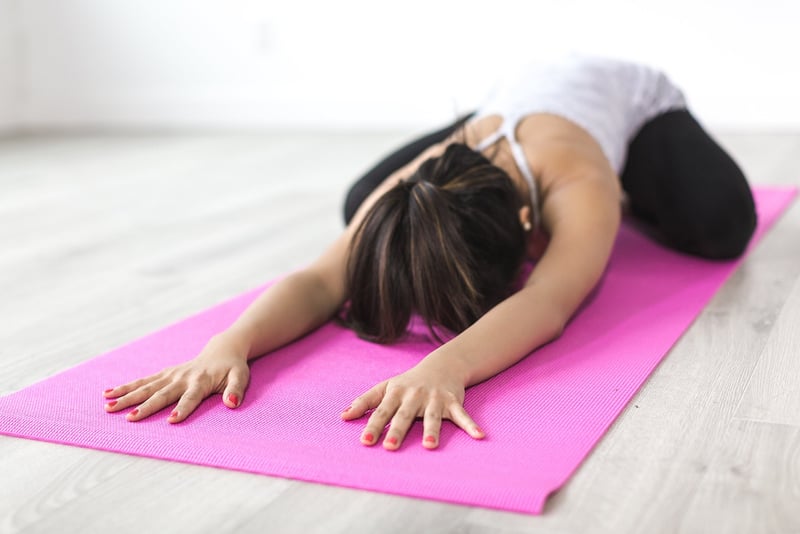Restorative
The Power of Physical and Mental Practice for Restorative Wellness
In today's fast-paced world, finding time to take care of our physical and mental well-being can be challenging. However, incorporating a combination of physical and mental practices into our daily routine can have a profound impact on our overall health and wellness. These practices not only help us stay fit and active but also promote mental clarity and emotional balance. Let's explore how the synergy of physical and mental activities can lead to restorative wellness.
Physical Practice: Exercise for a Strong Body
Regular physical exercise is essential for maintaining a strong and healthy body. Whether it's cardiovascular workouts, strength training, yoga, or simply going for a brisk walk, physical activity helps improve circulation, strengthen muscles, and boost endurance. Engaging in regular exercise also releases endorphins, which are known as "feel-good" hormones that can elevate mood and reduce stress.

Benefits of Physical Exercise:
- Enhanced physical fitness and flexibility
- Improved mood and reduced stress levels
- Boosted immune system and better overall health
- Increased energy levels and better sleep quality
Mental Practice: Mindfulness for Peaceful Mind
Alongside physical exercise, mental practices like mindfulness and meditation play a crucial role in achieving restorative wellness. Mindfulness involves being fully present in the moment, observing thoughts and emotions without judgment. This practice can help reduce anxiety, improve focus, and enhance self-awareness. Meditation, on the other hand, promotes relaxation, reduces negative emotions, and cultivates a sense of inner peace.

Benefits of Mental Practices:
- Stress reduction and improved emotional well-being
- Enhanced focus, concentration, and cognitive function
- Increased self-awareness and emotional resilience
- Promotion of overall mental clarity and peace of mind
Restorative Wellness: Harmonizing Body and Mind
By combining physical exercise with mental practices like mindfulness and meditation, individuals can achieve a harmonious balance between body and mind, leading to restorative wellness. This holistic approach not only promotes physical health and mental well-being but also fosters a deep sense of connection with oneself and the surrounding environment.
Remember, self-care is not selfish; it is essential for overall wellness. Make time each day to engage in physical and mental practices that nourish your body and mind, and experience the transformative power of restorative wellness.
Embrace the synergy of physical and mental practices for a healthier, happier you!
